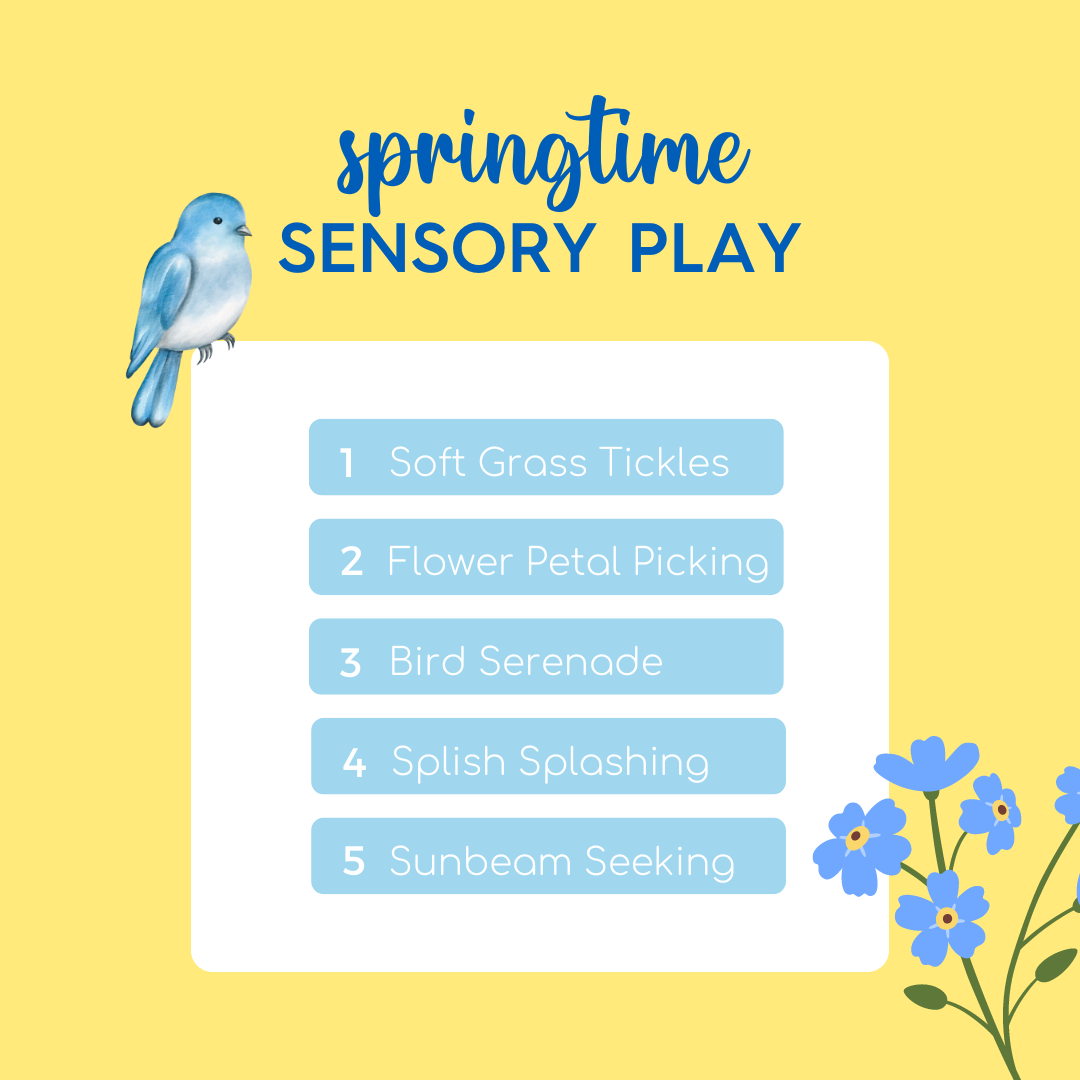Tips to Help Gassy Babies

One of the most surprising things we hear from new parents is how gassy their little one is. Most of these parents do not expect their sweet baby angel to make such big noises! Did you know that babies pass gas an average of 13 to 21 times a day? With that you might be wondering, “why is my baby so gassy?”
Infants are usually gassy due to immature digestive systems and swallowing extra air during feedings. Other reasons infants can become gassy are eating too fast, eating too much, awkward positioning during feedings, or a slight intolerance to lactose or other proteins found in breast milk. Looking for signs that your baby is gassy will help you to treat the situation and help them get relief.
Gassy babies will not wait long to tell you they’re experiencing discomfort. They will do involuntary things like grunt or strain, ball their fists up and arched their backs. Some of these movements are also accompanied by crying. You can also put an ear to your little one’s tummy to hear if their stomach is gurgling or feel the tummy to see if it’s bloated, distended and hard.
If your baby is experiencing these symptoms, here are a few tips to help them feel better fast:
• Burp your baby twice. In addition to burping your baby, burping them mid-feeding can help rid them of swallowed air before it travels to their bowels. If you’re bottle feeding, try burping every 2-3 ounces and if you’re breast feeding try burping every 5-10 minutes.
• Control the air. Ensuring that your baby is an optimal position for feeding can help cut back on air swallowed. For bottle fed babies, feed them in a more upright position and test out bottles that are anti-gas. We like these anti-colic bottles from Dr.Browns. For breast fed babies, be sure your baby is properly latched.
• Move the legs. Position your baby so their lying on their back and gently move their legs back and forth to imitate riding a bicycle. This movement will help with intestinal motion and to expect trapped gas. You can also push their knees gently towards their tummy in a bending motion. Hold for 10 seconds and then release and straighten baby’s legs. Repeat both several times.
• Try the colic carry. Gently lay your baby on their stomach across your forearm, or knees, and gently massage the back. The pressure helps to relieve the pressure from gas and touch can help calm your little one.
• Offer Tummy Calm. Tummy Calm is an effective and same homeopathic alternative to gas drops. Tummy Calm contains activated charcoal that has clinically been proven to relieve the symptoms of gas, bloating and other abdominal pain. Tummy Calm usually works in five minutes or less to give fast relief.
• Consider probiotics. Improving gut health starts with improving the gut microbiome. You can support a healthy gut by adding in a daily probiotic, like CalmCo Probiotic, or include naturally fermented foods like yogurt into your little one’s diet.
 Canada
Canada South Africa
South Africa UK
UK EU & Int
EU & Int Ireland
Ireland Australia
Australia Brazil
Brazil New Zealand
New Zealand














Comments